Rising Health Awareness Among Consumers
There is a notable increase in health awareness among consumers, which is significantly influencing the At Home Lab Testing Market. Individuals are becoming more proactive about their health, seeking out testing options that allow for early detection of potential health issues. This trend is reflected in the growing sales of home testing kits, which have seen a year-on-year increase of approximately 15%. As consumers prioritize preventive healthcare, the demand for at-home testing solutions is likely to continue its upward trajectory. This heightened awareness is not only fostering a culture of self-monitoring but also driving innovation within the At Home Lab Testing Market.
Increased Focus on Personalized Medicine
The shift towards personalized medicine is significantly shaping the At Home Lab Testing Market. Consumers are increasingly seeking tailored health solutions that cater to their unique genetic profiles and health conditions. This trend is driving demand for home testing kits that provide insights into individual health risks and treatment options. Market analysts suggest that the personalized medicine segment could account for a substantial portion of the overall home testing market, potentially reaching USD 3 billion by 2027. As healthcare becomes more individualized, the At Home Lab Testing Market is likely to adapt, offering more specialized testing solutions to meet consumer expectations.
Regulatory Support for Home Testing Solutions
Regulatory bodies are increasingly recognizing the importance of at-home testing solutions, which is positively impacting the At Home Lab Testing Market. Recent policy changes have streamlined the approval process for home testing kits, making it easier for companies to bring new products to market. This regulatory support is crucial, as it encourages innovation and competition among manufacturers. As a result, the market is expected to see a proliferation of new testing options, catering to diverse consumer needs. The facilitation of regulatory pathways is likely to enhance consumer trust in at-home testing, further propelling the growth of the At Home Lab Testing Market.
Technological Advancements in Testing Methods
The At Home Lab Testing Market is experiencing a surge in technological advancements that enhance the accuracy and efficiency of home testing kits. Innovations such as microfluidics and biosensors are enabling more precise results from smaller sample sizes. According to recent data, the market for home diagnostic testing is projected to reach USD 5 billion by 2026, driven by these advancements. Furthermore, the integration of artificial intelligence in data analysis is likely to improve user experience and result interpretation. As technology continues to evolve, the At Home Lab Testing Market is expected to expand, offering consumers more reliable and user-friendly testing options.
Growing E-commerce and Direct-to-Consumer Sales Channels
The rise of e-commerce and direct-to-consumer sales channels is transforming the At Home Lab Testing Market. Consumers are increasingly turning to online platforms to purchase home testing kits, driven by the convenience and accessibility these channels offer. Recent statistics indicate that online sales of home testing products have surged by over 20% in the past year. This shift not only broadens the market reach for manufacturers but also enhances consumer access to a variety of testing options. As e-commerce continues to flourish, the At Home Lab Testing Market is poised for further growth, with online platforms playing a pivotal role in shaping consumer purchasing behavior.


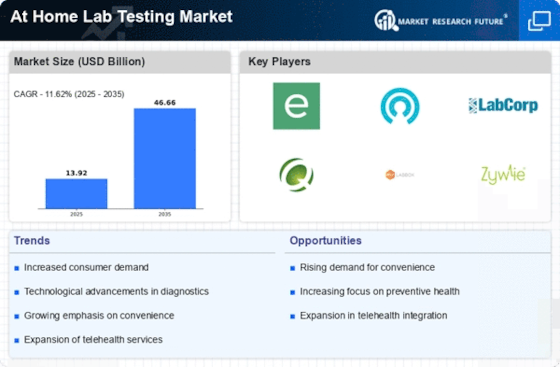
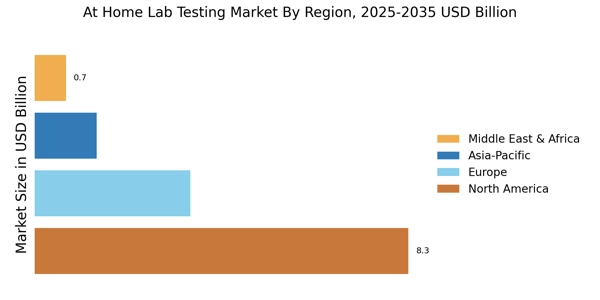
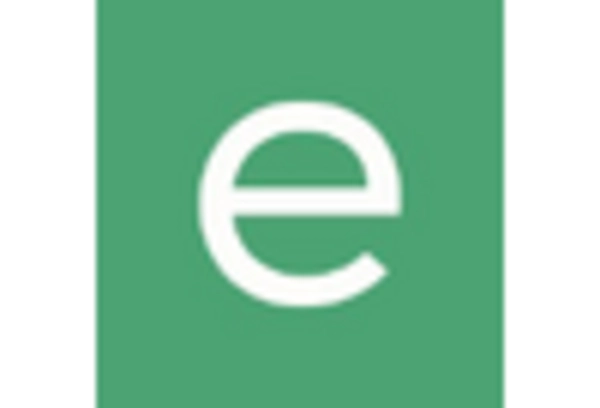
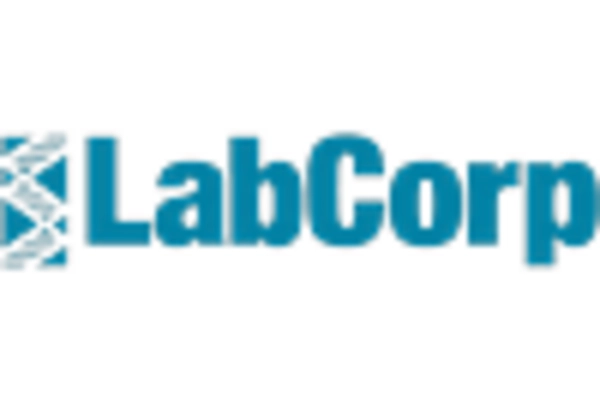
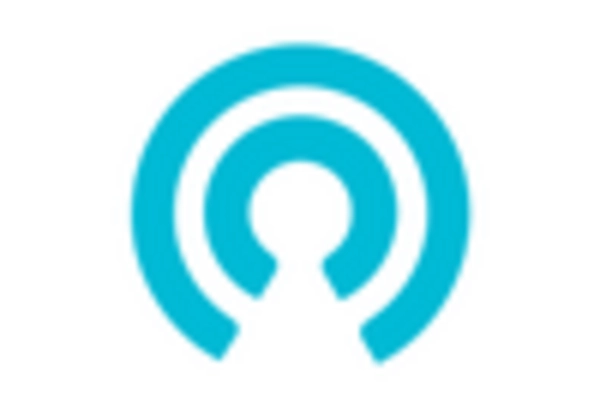
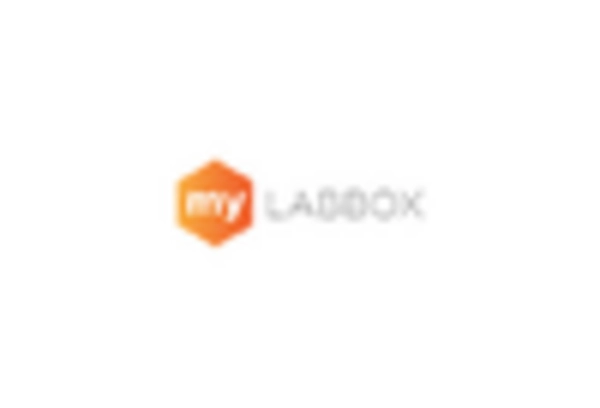
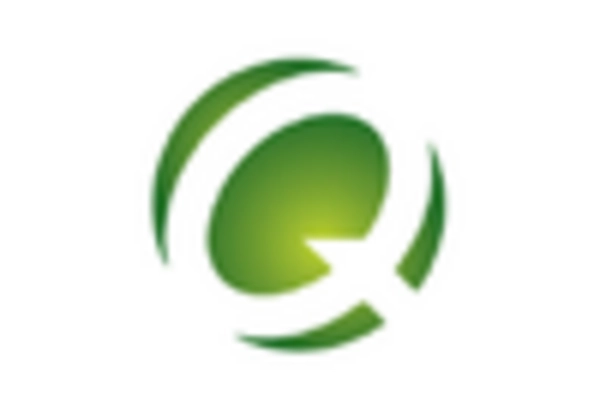
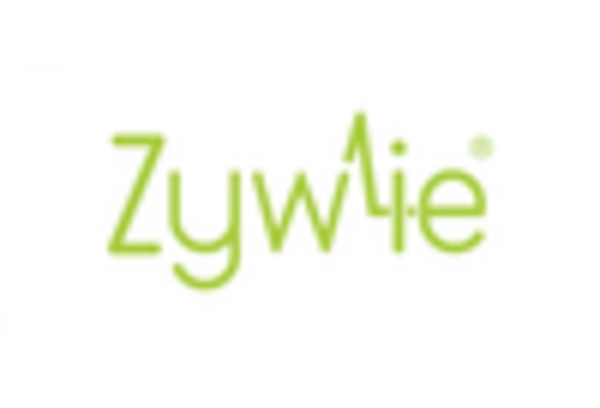








Leave a Comment